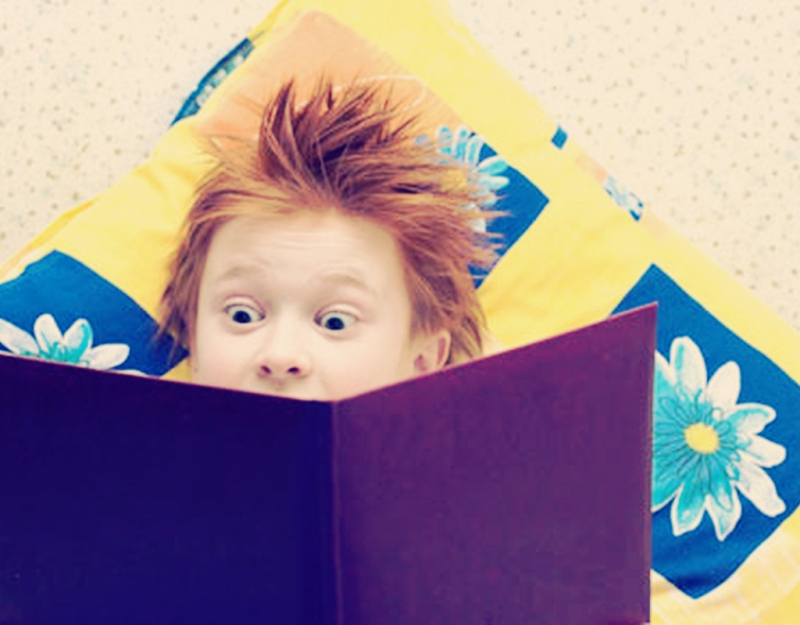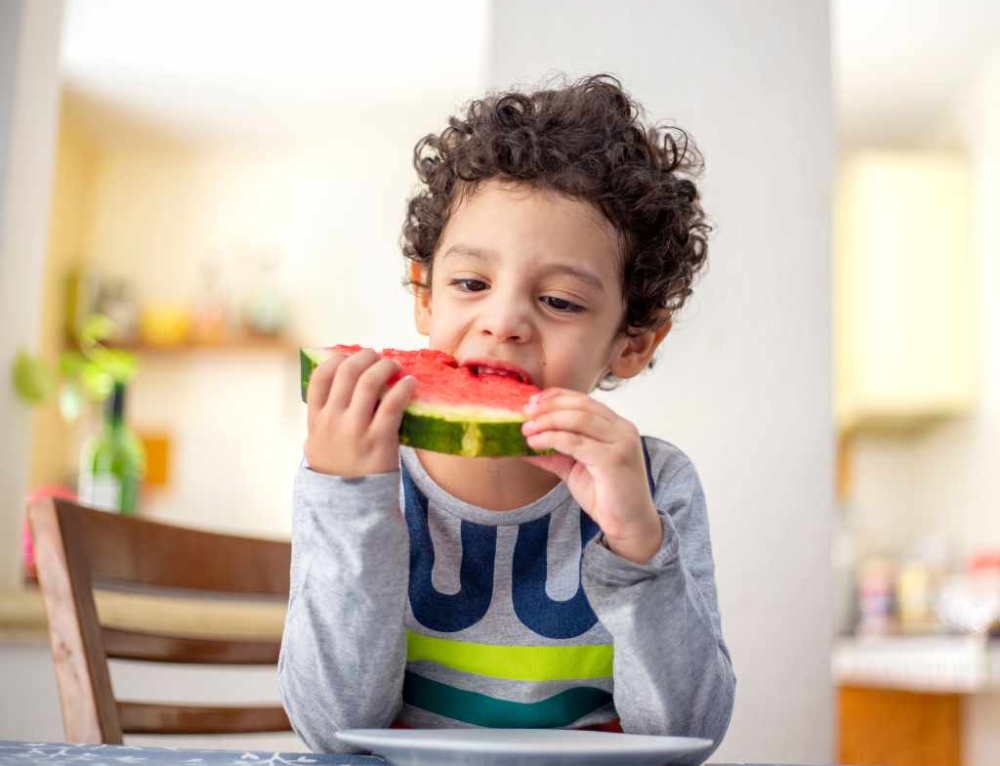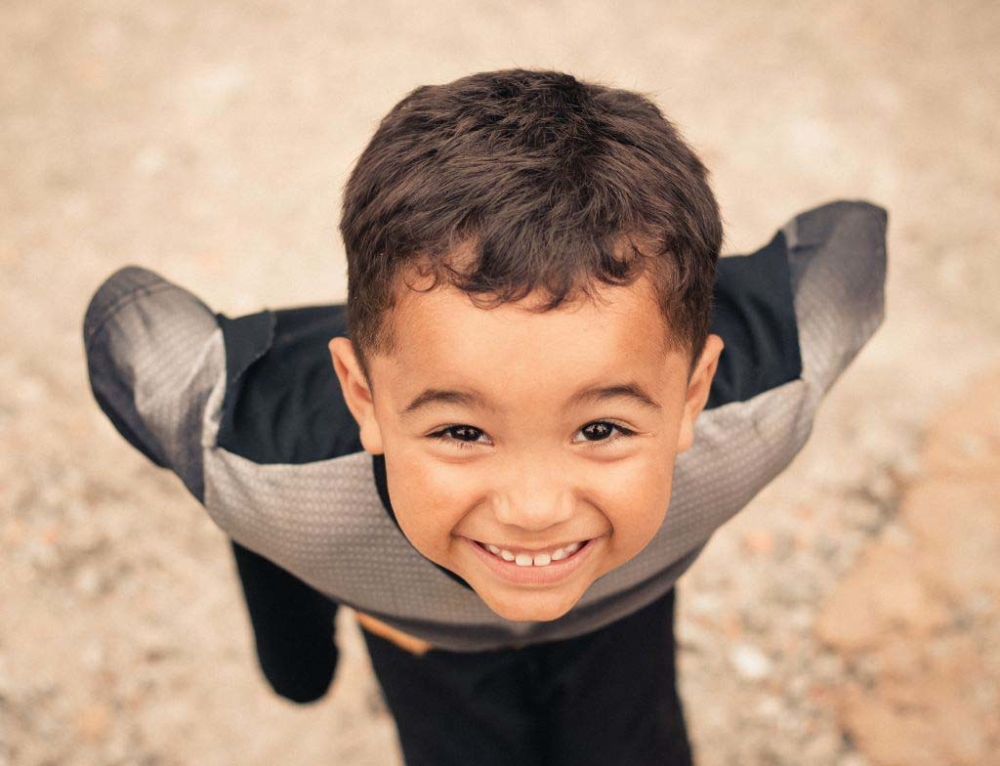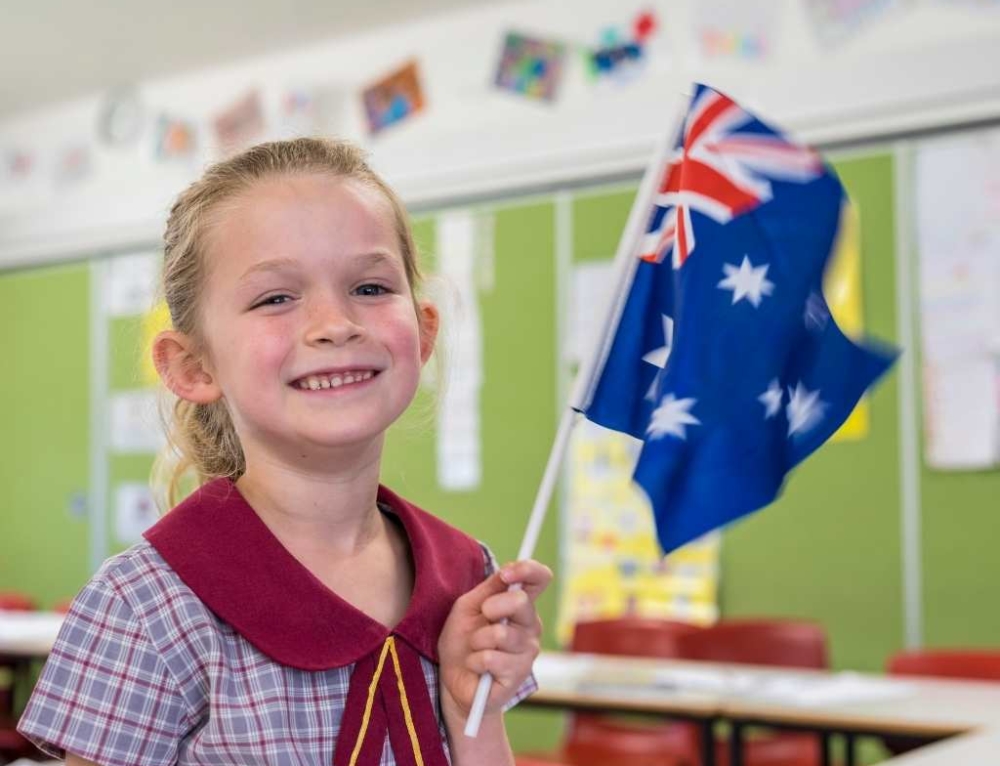Reading may seem like a process which is learnt in the early years of schooling. This is true with the focus being on decoding (sounding out) in the earlier grades. However at this stage of development the demands on the reader take a giant leap as children are now reading to learn new information and reading for fluency. This is also a stage of development during which reading become connected with hard work rather than pleasure. This is where parents and the home environment become crucial to school success.
The milestones below are for children at the end of this age:
-
7-8 year olds need to be talked to about the process of reading
Up until this stage parents have been reading to their children and diving deeper into the stories with their children to determine whether they understand what they have read. At this age parents need to begin to talk about the process of reading, how they monitor their own reading, what they do when they don’t know how to read a word, what they do when they don’t understand what they have read. This process of working out which strategy to use is challenging for young readers and they need opportunities to see you using these strategies.
-
7-8 year olds mimic reading habits
Children at this age learn life-long habits by mimicking adults around them. Children need to see that their parents place value on reading. Limiting the TV and reading as a family, with a communal bookshelf including a dictionary, atlas, novels and magazines can have a lasting impact. Gifting books to each other also shows that books are special. Limiting the amount of TV and computer time your child has allows them opportunities to read without distraction. Try not to reward home reading sessions with television.
-
7-8 year olds are reading longer texts
Children are reading independently a wider range of texts as well as longer texts.
-
7-8 year olds are aiming for fluency
Children at this age have learnt about basic punctuation and are now using it to read with the correct emphasis and expression. Parents when you read aloud to your child, punctuate your reading by reading with expression indicating the commas, speech marks and exclamation marks.
-
7-8 year olds have improved comprehensions skills
Children can not only make predictions about a text, they can justify their thinking. They can articulate the main idea of a text using summarising skills. They can discuss the main character and any character traits reading between the lines (inferring) to draw information. Children have learnt to skim and scan the text with their eyes, rather than reading from the beginning, to find answers to questions
-
7-8 year olds are developing visual literacy skills
All children are visually literate. It happens when children can recognise symbols and icons such as KFC, Nike or McDonalds. However at this age visual literacy means children can ‘read’ and interpret graphs, tables, maps and diagrams. Writing, Spelling and Reading all link. At this age children begin to see connections between their reading and their writing. Children use their knowledge of word families to both read and write words. Children will learn to recognise suffixes and prefixes. The texts children read also begin to serve as a good model for their writing punctuation.
Reading help for 7 – 8 year olds
-
7-8 year olds are developing their phonemic awareness
Children at this age understand that sounds can be represented in various ways when reading. They use their knowledge of sound letter blends eg ch, thr, sh, qu, spr to sound out new words. Children at this stage can sound out a word and when asked substitute in a different phoneme to create a new word for example truck replaced with sh becomes shuck.
-
7-8 year olds are expanding their vocabulary
The more children read the greater their vocabulary becomes. Struggling readers tend to stick to simple texts which means they are not exposed to challenging words and therefore their reading does not improve meaning they continue to read simple vocab. It is a viscous cycle. Children at this stage should have an understanding of synonyms which are words that can be used to represent the same object as they have similar meaning eg pretty and beautiful.
-
7-8 year olds monitor their own reading
Children at this age are learning to monitor their own reading however this is also a fantastic area in which you can help your child. Here are some tips for parents
How to help your children
- Gently correct your young reader. Kids will often just guess when they look at the first letter. Remind your child to look at all the letters in the word.
- Give your child a clue – point to pictures, have them make a guess based on the meaning choosing a word which would make sense, help them segment the word (sound it out). If they are getting really frustrated it is okay to supply the word so that they can have a degree of fluency and retain the meaning of what they are reading.
- Help choose books at the right level – your child should be reading with 95% accuracy. This allows them to be confident while still having some challenges. Often struggling readers will choose harder books to save face. Let them select a harder book for you to read to them but make sure they have books at their independent level.
- Be patient – a child learning to read is like us learning a new language. Allow them enough time to sound it out and make a few attempts without feeling rushed.
“Reading aloud with children is known to be the single most important activity for building the knowledge and skills they will eventually require for learning to read” Dr Marilyn Jager Adams, 2004.
This article was written by Michelle Barrington for Kidspot, New Zealand’s leading education resource for parents. Michelle is a teacher and mother who blogs at Gee, You’re Brave.







Leave A Comment
You must be logged in to post a comment.